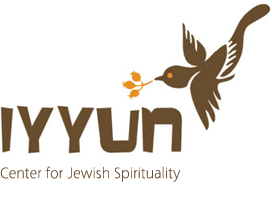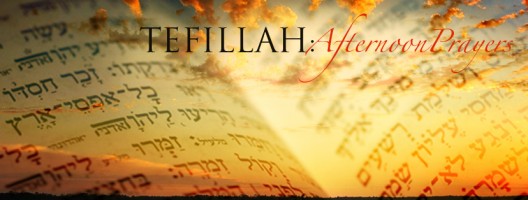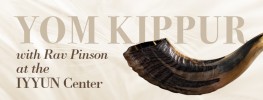The mincha (afternoon) prayer was first introduced by the Patriarch Yitzchak. A form of this prayer was later recited in the Temple when the afternoon offerings were brought.
As mincha is a prayer associated with Yitzchak, it mirrors his spiritual energy—that of the emotional attribute of strength (gevurah) and the intellectual concept of judgment (din). It is recited as the day is coming to a close—after the sun reaches its midpoint in the sky and the second part of the day begins, slowly edging towards the night. Thus, it is a prayer that is meant to quiet the judgment of the day and bring on the peace of the night. In fact, the word mincha is related to the menucha, meaning “peaceful/quiet.”
In Hebrew, mincha is written with four letters: mem-nun-chet-hei. The first two letters, mem and nun, comprise an acronym for mayin nukvin meaning “feminine waters”—a reference to those praying. In the relationship of prayer, those praying are the “receivers” (while God is the “giver”), and, therefore, are always considered in the feminine role.
The third letter of mincha—chet—is the eighth letter of the Hebrew alphabet, and eight represents transcendence. Seven is the number connected with nature (as in seven days of creation), while eight represents that which is above and supersedes nature.
The fourth and last letter of mincha—hei—is also the last letter in the essential four-letter name of God, known as the Tetragrammaton. This letter refers to “kingship” (malchut), the source of physical creation.
These letters reflect the progress of our prayers. We reach upwards, elevating ourselves to the level of chet, which is beyond the natural order, and then call forth a revelation that is manifested in hei, the source of creation. Thus, we affect physical change in ourselves as we receive an abundance of blessings and goodness in our lives.
Comments are closed.







